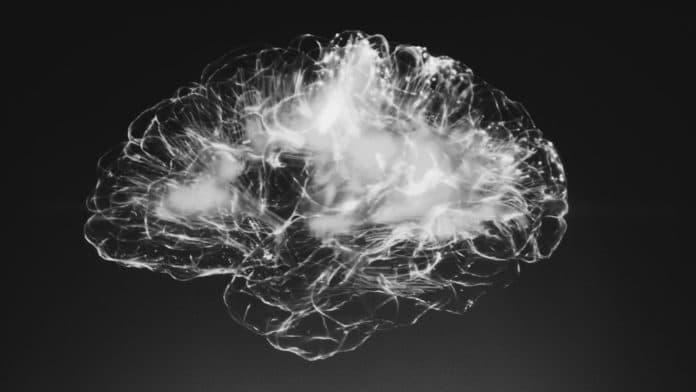Scientists from the University of Exeter have discovered how a glitch in the way essential proteins are transported within the brain after a stroke can prompt swelling, which can cause serious harm.
Scientists have come up with a compound that can efficiently treat this pathway in laboratory tests, leading to new treatments. Also, this could offer an alternative, more effective way to treat brain swelling.
The compound, called ZT-1a, targets on a pathway that controls proteins that go about as transporters of particles and water all through cells. It works by halting catalysts that initiate proteins that carry an excess of water into the brain. It was tested on mice and rats which had stroke or hydrocephalus, a condition that causes fluid on the brain. These examinations show that the compound might have the option to stop brain swelling, conceivably decreasing instances of cerebrum injury and death.
Dr. Jinwei Zhang, Lecturer at the University of Exeter Medical School, led a team including collaborators in China and the US, that has developed the compound. He said: “Brain swelling after a stroke is a common and devastating problem for individuals and their families. Our discovery could address the urgent need for treatment that could provide an effective alternative to invasive surgery. The drug is still in the laboratory and requires further development. So far, it shows promise in effectively reducing brain swelling in stroke, and other brain injuries such as drowning, choking, or heart attack.”
The work was developed by a consortium of experts in Signalling Transduction (Dr Jinwei Zhang, University of Exeter, UK), Medicinal Chemistry (Professor Xianming Deng, Xiamen University, China), Neurosurgery and Cellular and Molecular Physiology (Dr Kristopher T. Kahle, Yale School of Medicine, USA) and Neurology (Professor Dandan Sun, Veterans Affairs Pittsburgh Healthcare System and University of Pittsburgh, USA).
The study is published in the journal Nature Communications.
